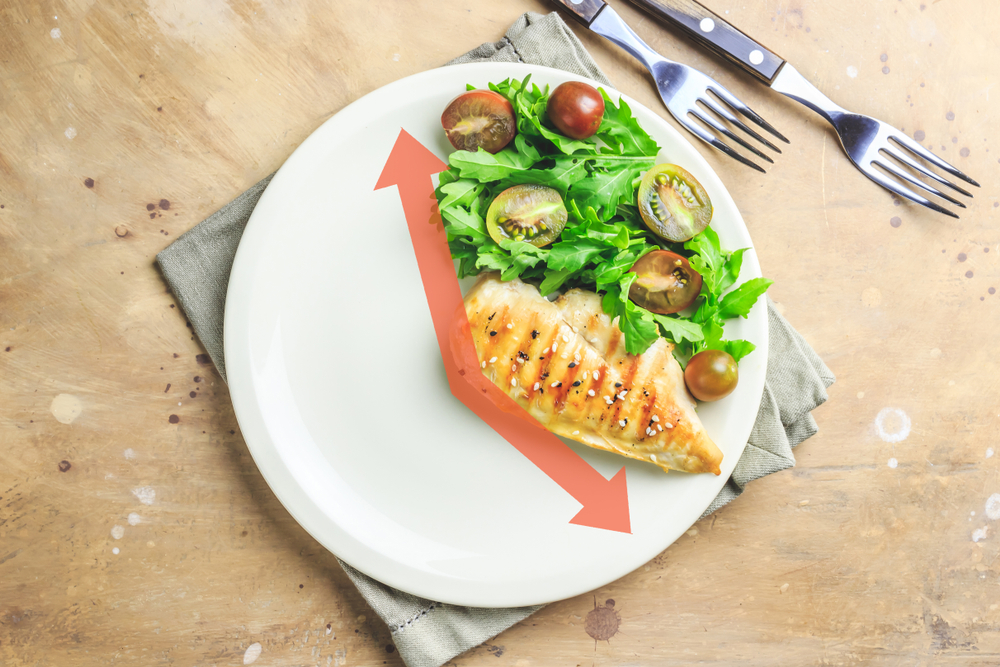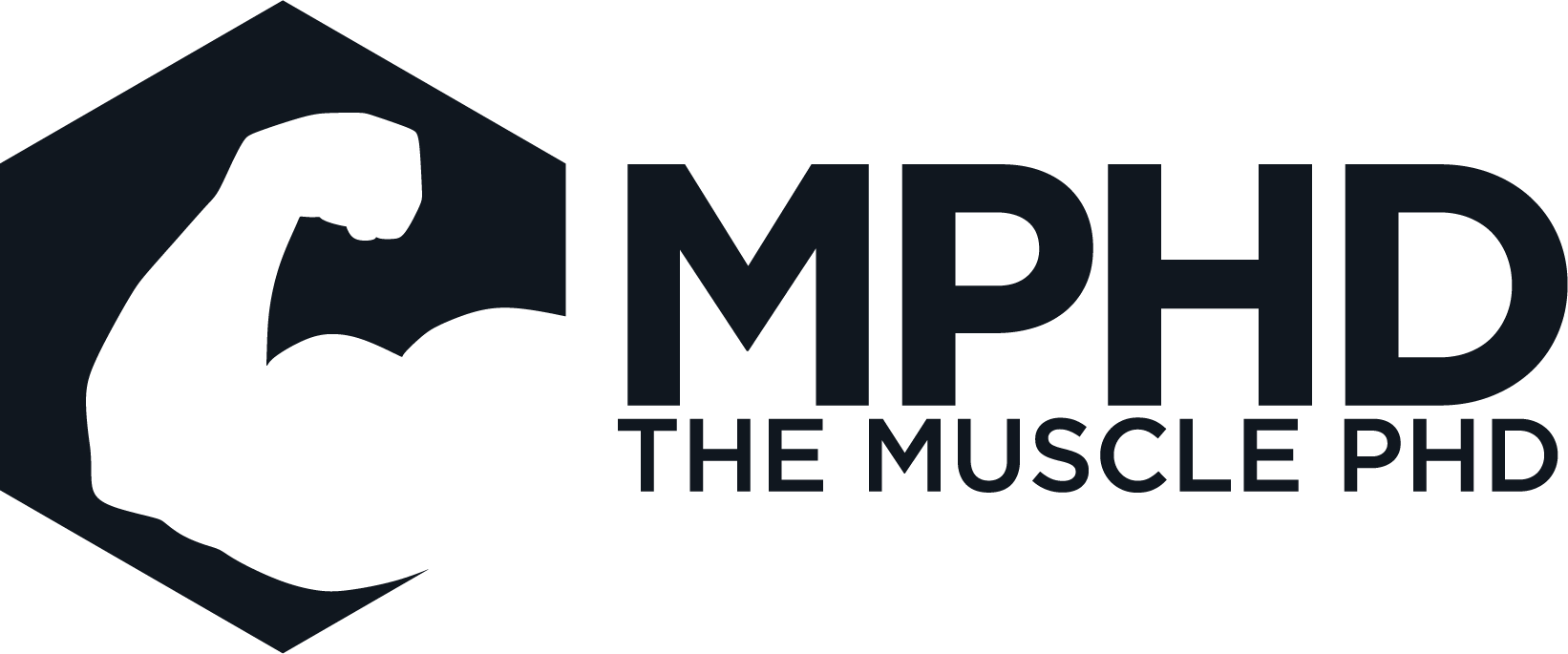You’re looking to bulk up, and you’ve already set your schedule for the next 3-6 months. However, you’ve seen super shredded people become massive due to their excess fat after a dirty or extreme bulk.
Maybe you never really believed that bulking is all about putting on as much fat as possible and you still want to actually see your muscles, not have them hide beneath layers of fat. At the same time, you see all these athletes put on a huge amount of weight, claiming that it is the true way to bulk–go hard or go home.
Why do they do that? And is there a way to avoid a huge calorie surplus altogether? Do you actually need to go way above your maintenance calorie threshold in order to see muscle mass in bulk? All these questions will be answered in this article!
Let’s get one thing straight first. Yes, can actually limit gaining fat on a bulk, and still gain as much muscle as you would have if you went on a dirty or extreme bulk. It’s all about your metabolism and how you guide your body to build muscle and burn fat. Here are a few interesting and unique tips to do so.
Restrict Your Feeding Period

You might go “But won’t exercising while I’m fasted cause me to lose more muscle than I gain?” That’s actually not true! The thing is, your body needs to be put under a certain amount of stress in order to stay in that fat-burning state.
Studies actually show that when you’re on a bulk, and you’re on a calorie surplus, if you time restrict your feeding you actually won’t gain as much fat as someone who’s been eating meals throughout the day.
It’s simple, really. Only eat in 8-10 hour intervals, no more than 12 hours. If you start eating at 1 PM and stop eating at 10 PM we guarantee you that you’ll lose more fat than if you were eating meals all day long.
There’s actually a valid reason behind why that’s the case. Have you noticed that as you gain more fat, you start losing your pumps after a long bulk? That’s because you’ve been constantly feeding your muscles every single day, all day long.
Granted, that will make them grow, 100%. However, it shuts off the machinery in your muscles that causes you to burn fat, the mitochondria. If your mitochondria has energy all the time, it doesn’t actually have to work as hard to burn fat for energy because there are a lot of fat stores, so your mitochondria will actually decrease in number.
To add oil to the fire, once your mitochondria levels start to decrease, you start becoming insulin resistant since you’re storing fat more readily. Because your pumps are essentially dictated by your insulin sensitivity, you won’t get as many pumps as you were used to.
How do we counter that? By restricting your feeding period. This places a certain amount of stress on the cell and your mitochondria, prompting them to burn more fat and helping you become more insulin sensitive, which will improve your pumps in the weight room.
Remember though, if you’re on a bulk, you can’t necessarily fit all your meals into a four-hour period. Your body needs a certain amount of meal frequency to grow!
Fasted Cardio
Previous studies took individuals and had them train while on a 30% calorie surplus. If you bulk, you’ll probably be on a similar diet, increasing your calories by around 30% from your maintenance threshold.
However, there’s a twist to this study. This study had one group train in a fasted state while the other group did not. They found that those who trained in a fasted state actually put on less fat than the other group, even though they were both on a calorie surplus!
That’s because training in a fasted state places more stress on your mitochondria. As previously mentioned, the more your mitochondria is stressed, the more insulin sensitive you become, and the higher your fat-burning capacity will be, causing you to become leaner.
Dirty and Extreme Bulking Is a Trap
We recommend you avoid dirty and extreme bulking, where you increase your calories by around 2000 above your threshold. A “clean bulk,” on the other hand, is one during which you only increase your calories by around 500-750 a day.
While you might feel that you’re getting double the amount of mass with a more extreme calorie surplus, we found that after you’ve increased your calories above 750, most of that calorie storage will go toward fat, and not your muscle.

Comparing individuals who bulked at 2000 or more calories a day above their threshold with those who only bulked with a 500-750 calorie surplus, we found that both groups ended up gaining the same amount of muscle. All the excess weight that the 2000+ calorie group gained was from fat.
Calorie Cycling Helps Keep Your Mitochondria Healthy
When going on a 3-6 month bulk, you’ve probably found that by the time you’ve finished the first 30 days, your mitochondria are so full of energy that they’ll start decreasing.
That’s because your body won’t have as much need to keep your mitochondria, causing you to become insulin resistant and partition the nutrients you take in more towards fat and away from your muscles. As a result you will no longer gain the same pump and vascular response from food as before.
That’s why you need to calorie cycle even on your bulks. We recommend having two days where you’re above your maintenance threshold, followed by one day where you’re at maintenance, and adding in one day where you’re below maintenance.
That one day below maintenance will stress your mitochondria and keep you insulin sensitive.
Cardio Is Essential
For our final tip, we wanted to remind you to not eliminate cardio altogether. A lot of bodybuilders fear cardio like it’s the plague because believe that it will cause them to lose muscle and throw away all their hard work.
That’s not the case. Aim to at least do 1-2 high-intensity cardio training sessions a week. This will help keep you insulin sensitive and partition nutrients toward your muscles and away from fat!
We hope this article helped you figure out how to stop yourself from gaining any excess fat during a bulk. If you’re still a bit skeptical about adding cardio into your workout, we recommend reading our next article, where we’ll go more into detail about the differences between low-, moderate-, and high-intensity cardio exercises!









